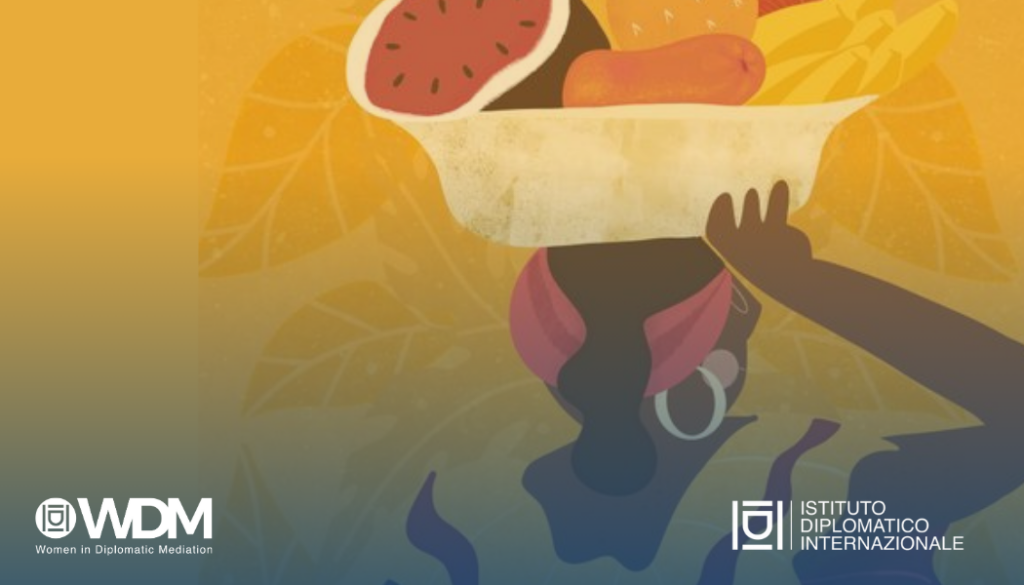On the role of women in peace processes, the obligatory reference is the resolution on women, peace, and security unanimously adopted by the United Nations Security Council on October 31, 2000 (S/RES/1325). https://peacemaker.un.org/sites/peacemaker.un.org/files/SC_ResolutionWomenPeaceSecurity_SRES1325%282000%29%28english_0.pdf
It stipulates the obligation for all parties in a conflict to respect women’s rights and involve them in peace negotiations and post-conflict reconstruction. The resolution also emphasizes the importance of women’s equal participation and their full involvement in actions aimed at maintaining and promoting peace and security.
In this regard, a significant role is played by the entity for gender equality and women’s empowerment, known as UN Women, established by the United Nations General Assembly with unanimous voting on July 2, 2010, to streamline structures and funding dedicated to this sector.
Regarding the specific situation in Colombia, a country known for enduring a civil war lasting over half a century, UN Women, in collaboration with the Bogotá government and some non-governmental organizations, has developed a significant national action plan to involve the FARC (Revolutionary Armed Forces of Colombia, renamed Comunes since 2021) in the peace process.
In this way, the aim is to revitalize the troubled peace agreement of 2016, mediated by Cuba and Norway and unanimously supported by the five permanent members of the Security Council, with the endorsement and encouragement of the Holy See. Initially rejected in a popular referendum, it was subsequently approved in a revised version by the Congress.
UN Women considers the “Colombian model” applicable in other geographical regions, where the role of women can also contribute to the process of peacebuilding and the reconstruction of a healthy social fabric.

